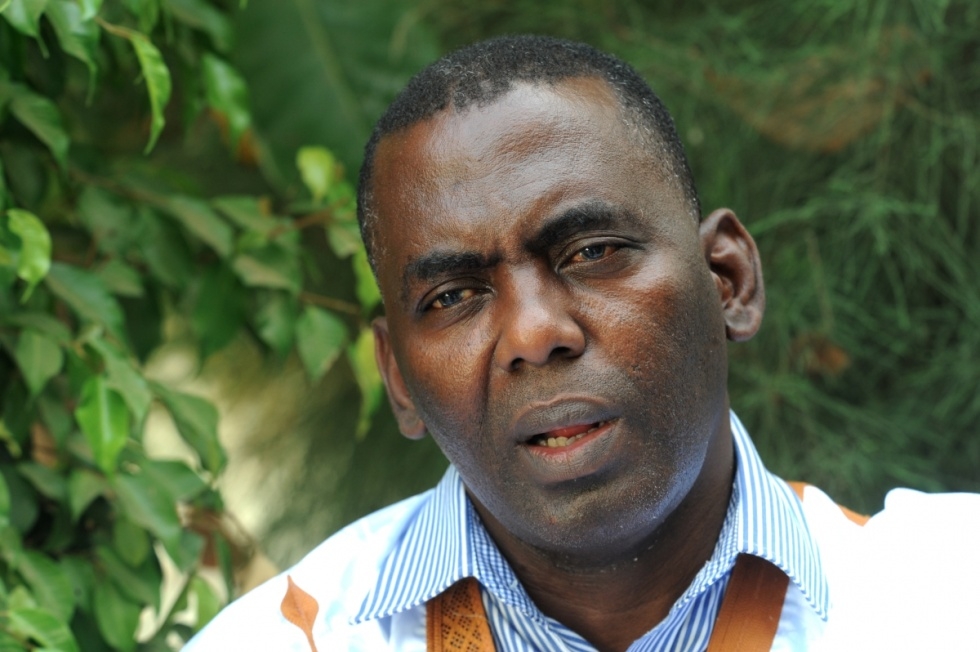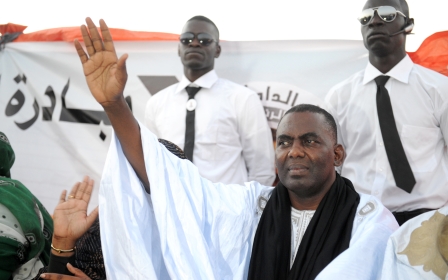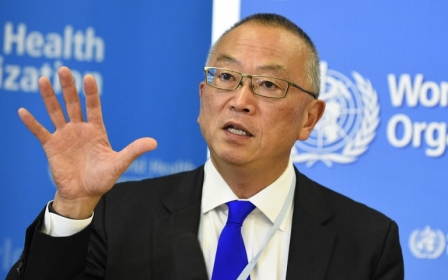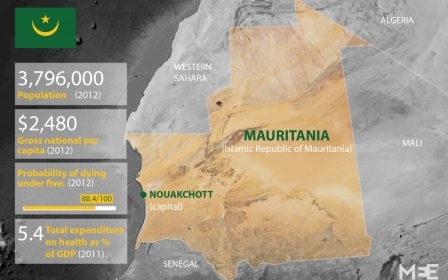Clashes erupt after Mauritania anti-slavery activists jailed

Police in Mauritania used tear gas to disperse protestors, after three anti-slavery activists were sentenced to two years in prison on Thursday.
Biram Ould Dah Ould Abeid, the runner-up in 2014 presidential elections and the head of an anti-slavery group, was convicted along with one of his aides Bilal Ramdane, and Djiby Sow, a civic and cultural rights campaigner.
Seven others on trial for joining anti-slavery protests in November were released.
Dozens of their supporters stormed the courthouse and surrounded the prosecutor's office while others smashed the windows of the police van carrying the three, according to private news agency Al-Akhbar.
Police responded with tear gas, leaving four injured, according to the news agency.
Amnesty International statement condemned the use of tear gas and batons force by police.
"We are going to appeal," Brahim Ould Ebetty, a defence lawyer told AFP in response to the guilty verdict.
Last country to abolish slavery
The activists were charged with "belonging to an illegal organisation, leading an unauthorised rally, and violence against the police", their defence team said.
According to Amnesty, the activists were arrested while trying to educate people about land rights in the west African country where slave descendents are often forced to give up a portion of their crops to the traditional masters.
Gaetan Mootoo, Amnesty's West Africa researcher, denounced the convictions, saying: "The intensifying crackdown on anti-slavery activists in Mauritania has no legal justification and is symptomatic of the government's lack of respect for human rights."
Mauritanian authorities have accused Ould Abeid's Initiative for the Resurgence of the Abolitionist Movement (IRA) of spreading "racist propaganda".
Police have shut down IRA's headquarters in the capital Nouakchott.
The country was the last in the world to abolish slavery, in 1981, and since 2007 its practice has been officially designated a crime punishable by up to ten years in prison.
But campaigners say the government has failed in the past to acknowledge the extent of the trade.
Forced labour is a particularly sensitive issue in Mauritania, where anti-slavery charities are very active.
New MEE newsletter: Jerusalem Dispatch
Sign up to get the latest insights and analysis on Israel-Palestine, alongside Turkey Unpacked and other MEE newsletters
Middle East Eye delivers independent and unrivalled coverage and analysis of the Middle East, North Africa and beyond. To learn more about republishing this content and the associated fees, please fill out this form. More about MEE can be found here.




